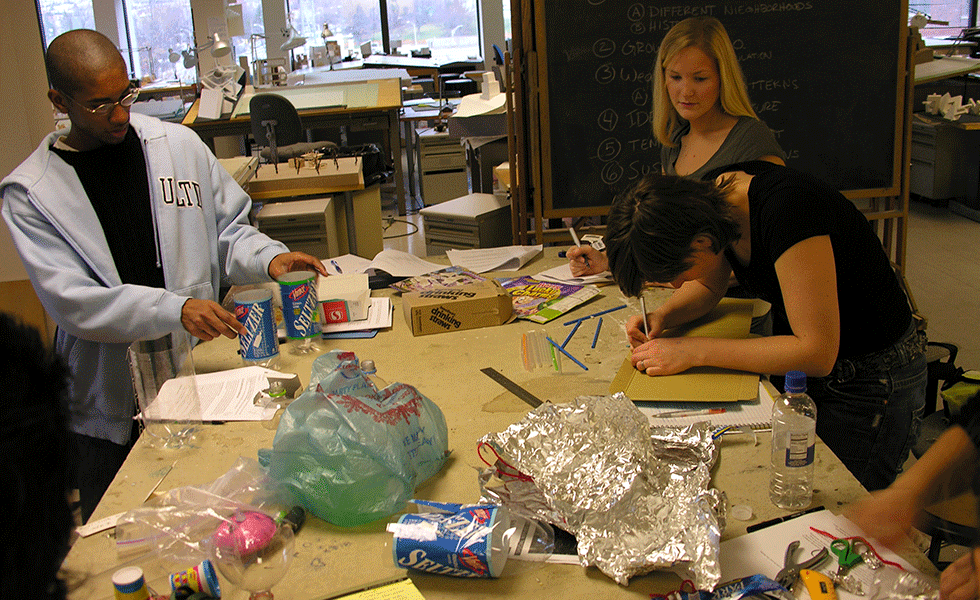Cooper-Hewitt, National Design Museum | Videos for Educators
Ready, Set, Design!
Stevenson,
Seattle,
Collaborate.Design.Educate./ Feldman
Kidvent Magazine
Book (looking for publisher) (excerpts?)
PDF with cards (donate button)
With 15+ years of design practicing and 12 years of design teaching experience, Inna Alesina considers herself a maker and a thinker, a learner and a teacher. She thinks of the big systems and the small details, she believes her role is to engage people and to protect ecology.
THINKER & MAKER
TEACHER & LEARNER
Multidisciplinary designer Inna Alesina was born in Kharkov, Ukraine, where she studied industrial design. She continued her studies at Parsons School of Design and later at Maryland Institute College of Art. Her works span many disciplines and mediums and range from object design, performance wear, ergonomics, and most recently food systems. Inna Alesina is always looking for new areas to apply her design thinking. Her works won numerous awards and recognition by the press. She also holds dozen of patents for her inventions.

